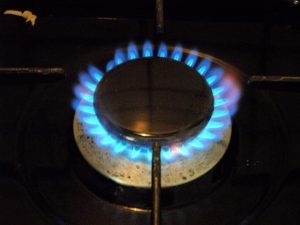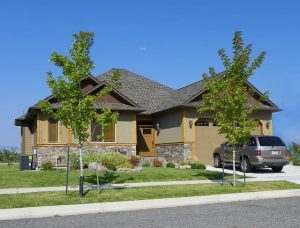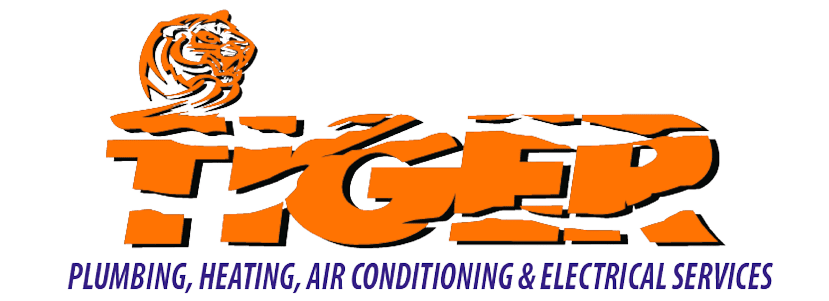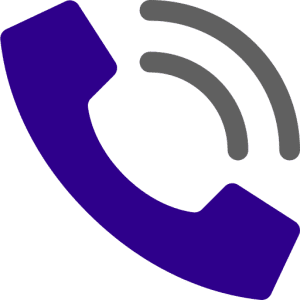The Silent Killer: Carbon Monoxide 101
Carbon monoxide(CO) kills an estimated 660 Americans each year. What makes carbon monoxide so dangerous is its lack of warning signs. Smoke typically precedes fire; gas leaks often produce strong odors. Carbon monoxide, on the other hand, is an odorless and colorless gas; you may not know you’re breathing until it’s too late.
CO is created by the incomplete burning of gasoline, wood, charcoal, natural gas, propane, oil or methane. Vehicles running inside an attached garage, furnaces, gas ovens, poorly vented stoves or fireplaces, are some of the most common sources of carbon monoxide poisoning.
The effects and dangers of carbon monoxide vary depending on several factors:
- Infants, small children, pregnant women and those in poor health, are more at risk for carbon monoxide poisoning.
- CO poisoning can be a long, slow process if a person’s exposure is limited or the carbon monoxide leak is small.
- However, carbon monoxide poisoning can happen much faster, if the leak is larger. Carbon monoxide can kill within minutes if a person is exposed to enough CO.
The symptoms of CO poisoning are often mistaken for other common illnesses. People often believe they are suffering from food poisoning, the flu, viral infections or exhaustion. So, many people never even consider there might be a carbon monoxide leak.
Keep an eye out for these warning signs:
- Dizziness
- Headaches
- Nausea
- Breathlessness
- Collapsing
- Loss of consciousness
How to tell if these symptoms are from a common illness or warning signs of CO poisoning:
- The symptoms you’re experiencing, only occur when you are at home
- Your symptoms seemed to improve when you leave your home.
- The other members of your family are experiencing similar symptoms.
- Your pets also seem to be suffering from CO poisoning symptoms.
Strategies to Prevent Carbon Monoxide Exposure:
- Have you
 r heating system, water heater and any other gas-, oil- or coal-burning appliances serviced by a qualified technician every year.
r heating system, water heater and any other gas-, oil- or coal-burning appliances serviced by a qualified technician every year. - Install a battery-operated CO detector and check or replace the battery when you change the time on your clocks each spring and fall.
- Do not use a generator, charcoal grill, camp stove or other gasoline- or charcoal-burning device inside your home, basement, garage or near a window.
- Do not run a vehicle inside a garage attached to your home, even if you leave the garage door open.
- Do not burn anything on a stove or in a fireplace that is not vented.
- Do not heat your house with a gas oven.
- Interconnected CO alarms offer the best protection; when one sounds, they all do. One of our Certified Electricians can install hard-wired interconnected CO alarms throughout your home.
- Or you can install wireless alarms, plug-in alarms or battery operated alarms.
Be sure to check us out on Facebook, Twitter, Pinterest, and Instagram
Financing
Options
Winning Team





















